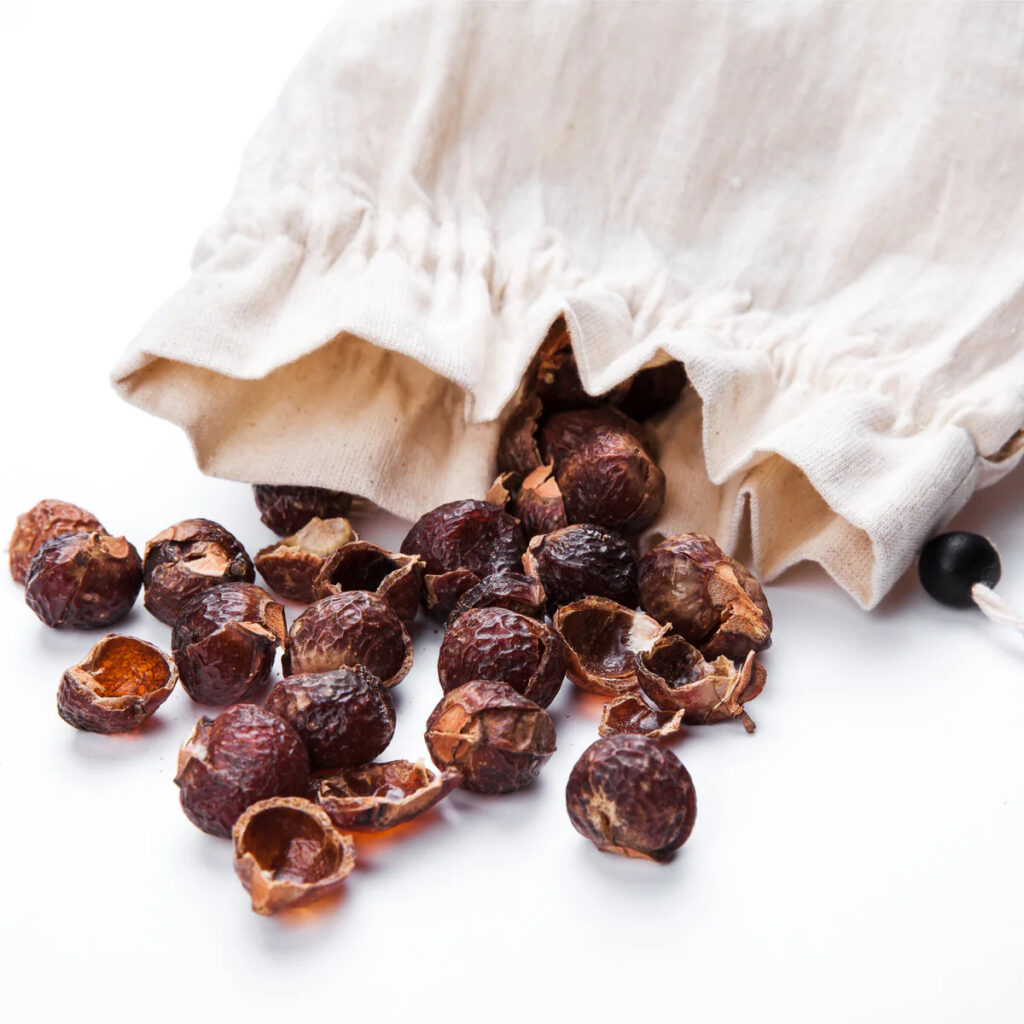Soapberry, also known as soapberries, are fruits from the Sapindus tree, commonly used as a natural alternative to traditional laundry detergents. These Soap nuts contain saponin, a natural surfactant that produces a soapy lather when mixed with water, making them effective for cleaning.
Environmental Impact of Traditional Detergents
Traditional detergents often contain synthetic chemicals that can be harmful to the environment. Phosphates, surfactants, and other additives contribute to water pollution and can harm aquatic life. In contrast, soapberry is biodegradable and have minimal environmental impact, making them an eco-friendly choice.
How Soapberry Work
When soapberry is placed in water, the saponin is released, creating a natural soapy solution that helps to break down dirt and grease on fabrics. This gentle cleaning action is effective for most laundry needs, without the need for harsh chemicals found in traditional detergents.
Suitability for Sensitive Skin
One of the key advantages of soapberry is their suitability for sensitive skin. Traditional detergents often contain fragrances, dyes, and other irritants that can cause allergic reactions or skin irritation. Soapberry, being completely natural and free from additives, are a safer option for individuals with sensitive skin or allergies.
Cost-Effectiveness of Soapberry
Soapberry are cost-effective compared to traditional detergents. A small amount of soapberry can be used for multiple washes, making them a more economical choice in the long run. Additionally, they eliminate the need for fabric softeners, as they naturally soften clothes.
Versatility Beyond Laundry
Soapberry are not only effective for laundry but can also be used for various cleaning tasks around the home. They can be used to make natural household cleaners, dishwashing liquids, and even shampoo. This versatility adds to their appeal as a natural alternative.
Effectiveness on Tough Stains
While soapberry are effective for general cleaning, their performance on tough stains can vary. For heavily soiled clothes or stubborn stains, some users may find that soapberry alone are not as effective as traditional detergents. In such cases, pre-treating stains or using additional natural stain removers may be necessary.
Compatibility with Washing Machines
Soapberry are compatible with both standard and high-efficiency washing machines. They can be placed in a small cloth bag and added directly to the drum. This simplicity makes them easy to use, regardless of the type of washing machine you have.
Environmental Sustainability

One of the most significant benefits of soapberry is their sustainability. The Sapindus trees from which they are harvested are abundant and do not require chemical fertilizers or pesticides. The nuts are harvested without damaging the trees, making them a renewable and sustainable resource.
Storage and Shelf Life
Soapberry have a long shelf life when stored properly in a cool, dry place. They do not require any special storage conditions and can last for years if kept away from moisture. This durability adds to their practicality as a long-term laundry solution.
Waste Reduction
Using soapberry contributes to waste reduction. Traditional detergent bottles are often made of plastic, contributing to the growing problem of plastic waste. In contrast, soapberry come in minimal, often biodegradable packaging, reducing overall waste.
Natural Fragrance or Lack Thereof
One aspect to consider is that soapberry do not impart a strong fragrance to clothes. While some users appreciate the neutral scent, others who prefer a fresh or floral fragrance may need to add natural essential oils to their laundry for a pleasant smell.
The Learning Curve
For those accustomed to traditional detergents, there may be a learning curve when switching to soapberry. Understanding how to use them effectively, particularly for different water temperatures and types of laundry, can take some time. However, once mastered, they offer a simple and natural laundry solution.
Consumer Perception and Adoption
Despite their benefits, soapberry are still not widely adopted in many households, largely due to lack of awareness or skepticism about their effectiveness. However, as more consumers seek natural and sustainable alternatives, the popularity of soapberry is likely to grow.
Are Soapberry the Best Natural Alternative?
Soapberry offer a compelling alternative to traditional detergents, particularly for those seeking an environmentally friendly, cost-effective, and skin-sensitive option. While they may not be as powerful on tough stains and may lack a strong fragrance, their numerous benefits make them a top choice for natural cleaning. Whether they are the “best” alternative depends on individual needs and preferences, but they certainly represent a viable and sustainable option for many households.







